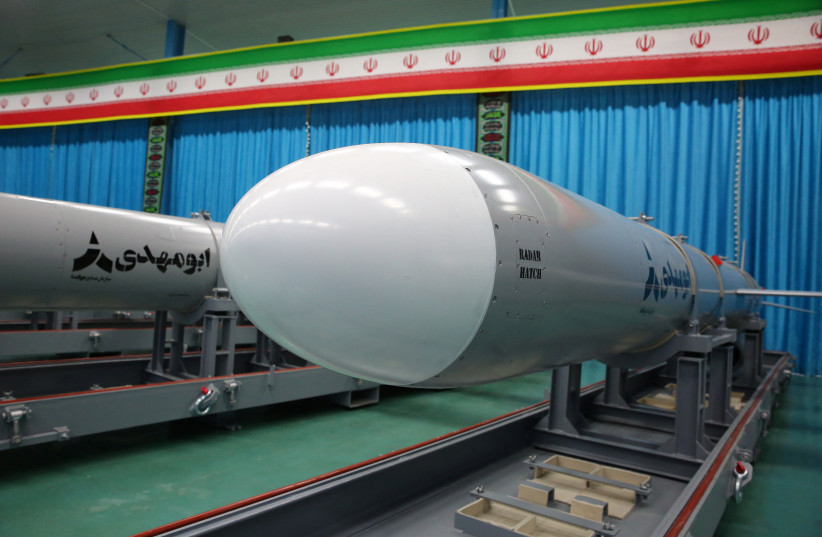Iran believes it can boost its missile program now that sanctions have expired. However, the US indicated that it would take steps to continue some restrictions on Iran’s missiles. “Russia said on Tuesday that transfers of missile technology to Iran no longer needed Security Council approval as of Wednesday, when the UN sanctions lapse, without saying whether it now planned to support Tehran's missile development,” Reuters noted.
The expiration of the sanctions were part of the 2015 nuclear. The missile issue is important. Iran supports Hamas and Hezbollah. Hamas has fired thousands of missiles at Israel during the war that began on October 7 with a massacre of Israelis. Hezbollah also continues to carry out attacks.
“The United States said it would level new sanctions against entities and individuals involved in Iran's missile, unmanned aerial vehicle (UAV) and conventional arms industries. It also issued an advisory to businesses designed to prevent dual-use technologies getting to Iranian actors,” Reuters noted. "These sanctions will exert pressure on Iran's missile and UAV program in addition to constraining Iran's conventional arms transfers and ongoing military relationships with countries like Venezuela and Russia, including Iran's provision of UAVs that Moscow is using against civilian targets in Ukraine," a senior State Department official told reporters, speaking on condition of anonymity, Reuters also said.

Not subject to restrictions, but slamming them anyway
Iran meanwhile is bragging that it faces no more hurdles to its missile program. A report at Iranian Tasnim News said that officials had indicated that there are no more missile restrictions.
“Iran is no longer subject to any restrictions within the framework of the Security Council,” the report said. Iran has nevertheless continued to slam the US and Europe for continued sanctions. Iran has supplied drones to Russia and has been sanctioned.
Meanwhile Russia has stressed its growing alliance with North Korea. Russian state media said that “following the September meeting between the Russian and North Korean leaders, relations between the two countries have ascended to a qualitatively new, strategic level, Russian Foreign Minister Sergey Lavrov said on Thursday.” The report went on to note that: “after the landmark summit between President [of Russia Vladimir] Putin and North Korean leader Kim Jong Un at the Vostochny spaceport on September 13, we can say confidently that these relations have reached a qualitatively new, strategic level," Lavrov said after meeting North Korean Foreign Minister Choe Son Hui.
This is important because there is a nexus that links Iran, North Korea and Russia regarding missile technology and other defense technology. Russia-North Korea ties could fuel Iran’s missile program, even with western sanctions continuing in some form.
